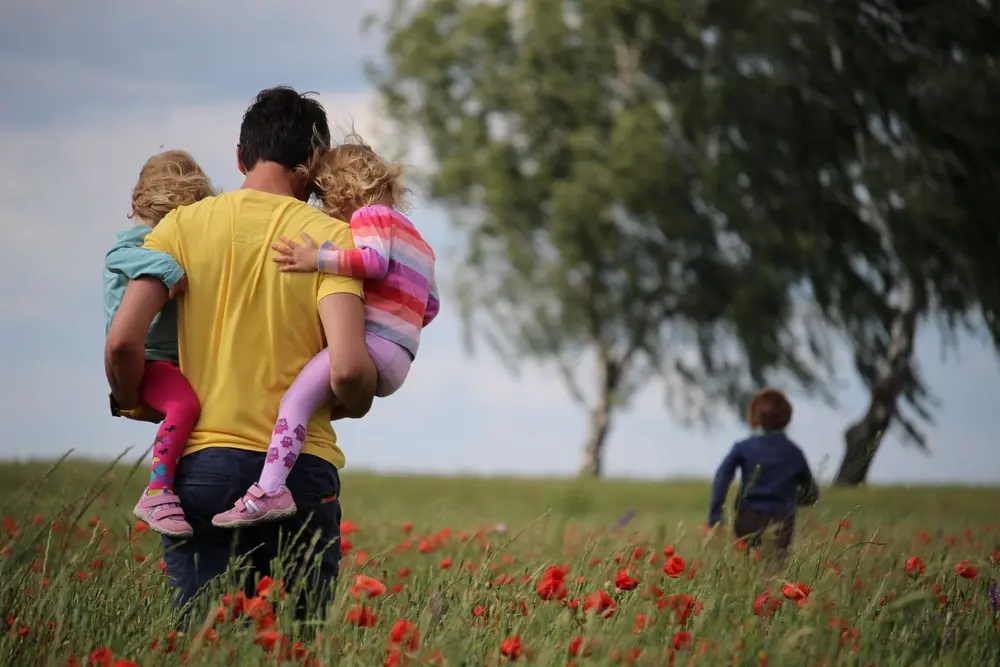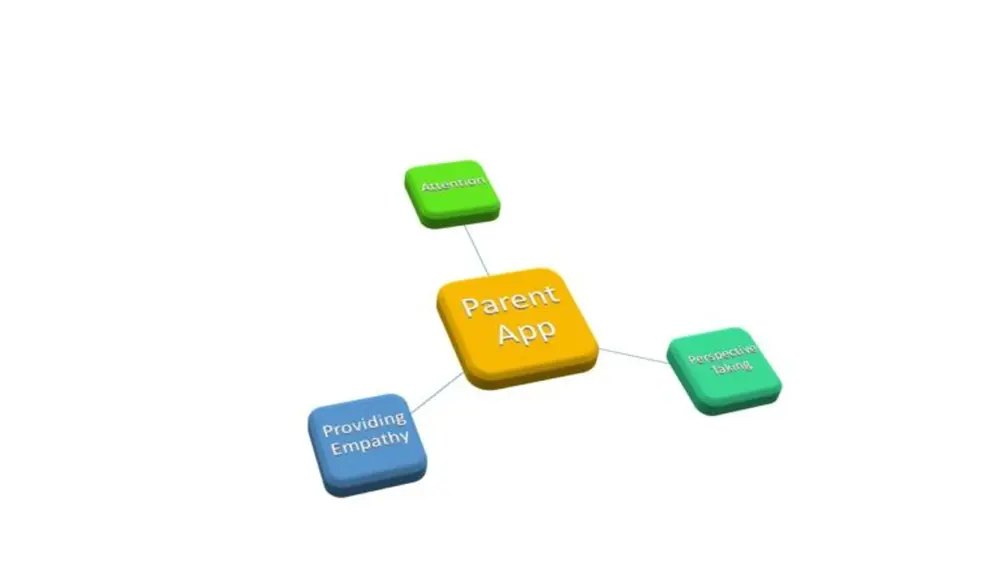Using The Parenting APP

Foster carers are in a unique position to offer children new relationship opportunities.
These opportunities have the potential to help children and teens recover from early life experiences that have interrupted their development. Traumatic adverse experiences such as abuse and neglect can damage trust development that emerges naturally insecure attachment relationship. Helping children to re-establish that trust is not a straightforward or easy task. It can be a bumpy road. It requires special knowledge and skill and the ability to apply trauma and attachment informed thinking. One way to use that knowledge in foster care is through reflective parenting.

Most ordinary parents make a “good enough” job of raising their children.
After all, about 60% of the population are securely attached, a fact that suggests appropriate parenting. Intuition combined with prevailing ideas about child-rearing is enough to assist most parents in doing their job well. Experienced foster parents know this is not enough with fostered children. The missing biological link between child and parent, plus the child’s developmental history before placement, places special demands on foster carers. Central to this is the ability to intentionally apply parenting knowledge known to act as a corrective experience to early childhood disruption.
Epistemic Trust and Attachment
Attachment describes the dependency relationship between a child and its primary caregivers. Babies enter the world biologically wired to elicit care-giving. This human dependency relationship's unique work facilitates brain development, language and speech development, emotion regulation, empathy, turn-taking, confidence to explore the world, and assurance that when comfort is required, there is a source that can provide it so much more. Attachment theory is a practical theory. It provides rich insight into children's behavior that may otherwise be labeled as crisis behavior, challenging behavior, or attention-seeking behavior. Developments in neuroscience in the past two decades have re-awakened interest in attachment theory. We now know that early attachment experiences do more than lay the foundations of all future social relationships. Early attachment experiences shape brain structure and brain usage.
Epistemic trust is the type of trust that grows in the context of secure attachment. Secure attachment trust (or epistemic trust) means that based on accumulated experience with their parents, children learn their carers can be trusted to help them learn to navigate the social and relational world. This is a profound form of trust. Complex trauma damages this essential trust.
Mentalizing
Human beings know more about mentalizing than we realize. We do it every day. It means the ability to understand each other in terms of mental states such as thoughts, feeling, opinions, goals, desires, and needs. When we feel understood or when we understand another person, then we are mentalizing. The ability to mentalize develops in the context of attachment.
Good enough parents verbalize their child’s thoughts, feelings, interests, and experiences to the child long before the child has a language. Over time the child uses these on-going relational experiences to understand self and others. This is mentalizing in its most basic form. Mentalising can be automatic or intentional. Watch crowds of people approach each other on a busy street. They adjust their line of travel so as not to bump into each other. This is automatic mentalizing. Without deliberate effort, each reads the other’s intentions and adjusts so as not to collide. Intentional mentalizing means the deliberate use of mental activity and imagination to work out what another person is experiencing and in the case of caring for children, to communicate that understanding to them.
Foster parents can help children on the road to recovery from the effects of complex trauma by meeting basic needs, rebuilding trust, and using intentional mentalizing, also referred to as ‘reflective parenting’ [1]. Carers and professionals frequently get too focused on a child’s behavior and miss the motivational factors that drive the behavior. In other words, what is in the child’s mind, known and unknown. Foster carers who focus on and are curious and thoughtful about what is going on in their child’s mind, more than on behavior, are on the road to effective mentalizing. Evidence is that it does the child an excellent service and improves relationships.
Stating the Obvious
Sometimes it is worth pointing out the obvious! In this case, the obvious is that children don’t do a behavior that challenges, confuses, annoys, anger, or saddens adults on their own; there is always someone else involved. Often a person, an adult, in whatever their role is physically present or a relationship from the past that is an active influence on the child in current relationships. In whatever role we occupy with children, all adults bring ourselves into current interactions with them. That is inescapable. It is our self, our inbuilt personality, our feelings, our skills, our beliefs, our values, our own childhood experiences, and our capacity to think rationally that we use to form relationships with other adults and with the children we want to help. Therefore, to help children with whom we have no biological connection, it is crucially important to be familiar with the ‘self’ that we bring to the task of helping these children. If we don’t know this ‘self’ well, then we may trigger children to act in unhelpful ways, and they, in turn, may do the same to us. When that happens, unhelpful power struggles result, and placements can come under enormous strain.

Learning to use the Parenting APP
In this case, APP stands for Attention, Perspective Taking, and Providing Empathy. APPS (or Applications) are now part of everyday life. This four-session group-based training for foster carers introduces the Parenting APP [1]. Parenting manuals and approaches frequently advocate techniques and strategies that parents do to the child. For example, star charts, rewards and punishments, naughty chairs, and timeout. Some of these things may work for short periods with securely attached children. However, when applied to children who have experienced complex trauma, these techniques result in power struggles and worse. Reflective parenting offers a better choice.les and worse. Reflective parenting offers a better choice.a-informed practice, we bridge the gap between assessment and support, making a meaningful impact on caregivers and families.
This four session program will introduce foster carers to the Parenting App.

Dr John Gibson
Independent Child Care Consultant / Trainer


